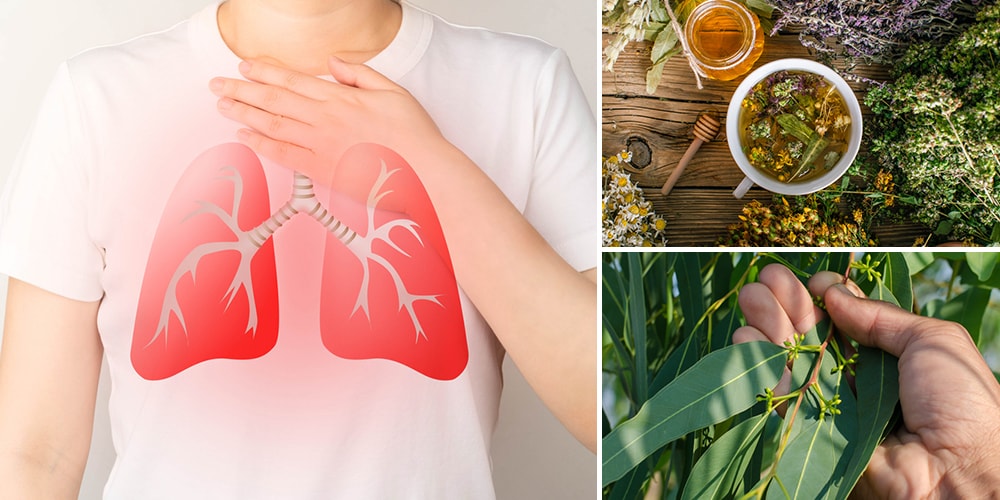
Boil These Plants to Fight COPD
Chronic Obstructive Pulmonary Disease (COPD) is a prevalent respiratory condition characterized by persistent airflow limitation that interferes with normal breathing. This umbrella term encompasses chronic bronchitis and emphysema, often caused by long-term exposure to irritants like cigarette smoke or air pollution. While conventional treatments exist, many individuals seek complementary approaches to alleviate symptoms and support respiratory health. In this article, we explore the herbs that soothe COPD symptoms for respiratory relief.
What is COPD?
COPD is a progressive lung disease that gradually makes it more difficult to breathe. The airflow obstruction in COPD is typically not fully reversible and is often accompanied by symptoms such as chronic cough, shortness of breath, wheezing, and chest tightness. Over time, the inflammation and damage to the airways and lung tissue can significantly impact a person’s quality of life.
Conventional treatments for COPD focus on relieving symptoms and improving lung function. These may include bronchodilators, corticosteroids, and supplemental oxygen. However, an increasing number of individuals are turning to herbal remedies, particularly herbal teas, to complement their COPD management plan.
Useful Herbs for COPD
Thyme
Thyme (Thymus vulgaris) has a long history of use in traditional medicine for respiratory conditions. Thyme contains compounds like thymol, which have been shown to have antimicrobial and anti-inflammatory properties. Thyme tea may help soothe the respiratory tract, reduce coughing, and provide relief from congestion. To make thyme tea, steep fresh or dried thyme leaves in hot water for 10-15 minutes.
Eucalyptus
Eucalyptus (Eucalyptus globulus) is well-known for its decongestant and expectorant properties. The inhalation of eucalyptus vapors is often recommended for respiratory relief. Eucalyptus tea, made from the leaves of the eucalyptus tree, can help open up the airways, making it easier to breathe. Steep a few eucalyptus leaves in hot water for a fragrant and therapeutic tea.
⇒ Best Trees to Tap for Food, Medicine, and Water (Video)
Lungwort
(Pulmonaria officinalis) is called such because its leaves resemble the lungs. It is also a traditional herb that herbalists use in treating lung disorders. It can cure bronchitis, pneumonitis, pulmonary fibrosis, tuberculosis and many other respiratory diseases. Lungwort is also efficient in removing tar that builds up in the lungs of smokers.
Mullein
Burning the leaves of great mullein (Verbascum thapsus) brings relief to nasal congestion. This bitter and astringent herb can cure a wide range of diseases and support lung health. Mullein is also an effective immune-boosting plant to help the body fight the infection that attacks the respiratory system.
Nicole’s Apothecary has a potent tincture for lung health that contains both Lungwort Lichen and Mullein. You can find it here.
Ginger
Ginger (Zingiber officinale) is revered for its anti-inflammatory and antioxidant properties. In the context of COPD, ginger may help reduce inflammation in the airways and improve respiratory function. Ginger tea can be made by steeping fresh ginger slices in hot water. Its warming effect and anti-inflammatory benefits make it a soothing choice for individuals with COPD.
Peppermint
Peppermint (Mentha × piperita) is known for its ability to relax the muscles of the respiratory tract, promoting easier breathing. Peppermint tea can provide relief from symptoms such as coughing and breathlessness. Additionally, the menthol in peppermint has a cooling effect that soothes irritated airways. Steep fresh or dried peppermint leaves in hot water for a calming tea.
Lobelia
Lobelia (Lobelia inflata), also known as Indian tobacco, has been traditionally used for respiratory conditions. It is believed to have bronchodilator effects, helping to open up the airways and facilitate easier breathing. However, it’s crucial to note that lobelia should be used cautiously and under the guidance of a healthcare professional, as excessive amounts can be toxic.
Licorice Root
Licorice root (Glycyrrhiza glabra) has been used in traditional medicine for its anti-inflammatory properties. Licorice tea may help soothe the respiratory tract and reduce inflammation in individuals with COPD. However, it’s important to consume licorice in moderation, as excessive intake can lead to side effects such as high blood pressure.
Oregano
Oregano (Origanum vulgare) is not just a flavorful herb in the kitchen; it also possesses antimicrobial and anti-inflammatory properties.
Oregano tea helps combat respiratory infections and reduce inflammation in the airways.
Tips for COPD Management
Before incorporating herbal teas into your COPD management plan, consult with your healthcare provider. They can provide guidance on suitable herbs, potential interactions with medications, and appropriate dosages.
Choose high-quality ingredients: Opt for organic and high-quality herbs to ensure that you are getting the maximum therapeutic benefits from your teas.
Individuals may respond differently to herbal remedies. Experiment with different teas and monitor how your body responds. If you experience any adverse effects, discontinue use.
Maintain a balanced diet, engage in regular exercise (water activities are less stressful on the body, making them easier and more bearable for those with COPD)., and avoid smoking or exposure to other respiratory irritants. Certain irritants in the house might make breathing difficult for COPD patients. They include paints, varnishes, cleaning chemicals, pesticides, tobacco smoke, dust, and pet hair.
To improve air quality in the home, consider limiting exposure to household chemicals, opening windows, using an air filtration system, cleaning it regularly to prevent mold and mildew growth, vacuuming and removing clutter, and washing bed linens weekly to reduce dust mites.
Also, engaging in stress management strategies, such as mindfulness meditation, will improve general health.


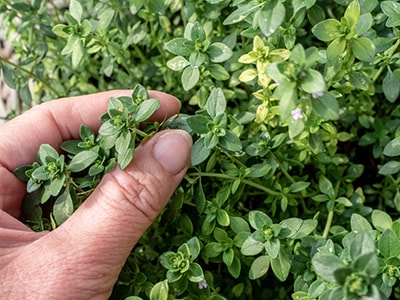
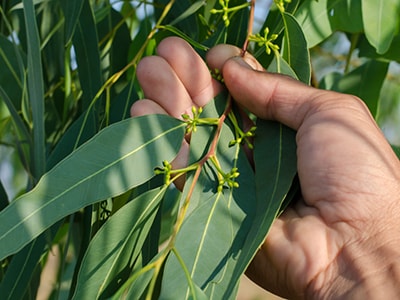
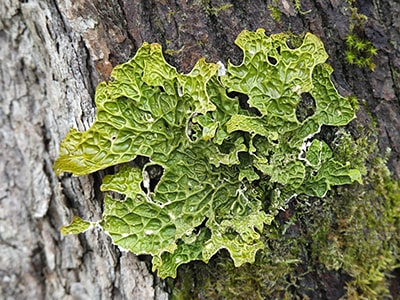
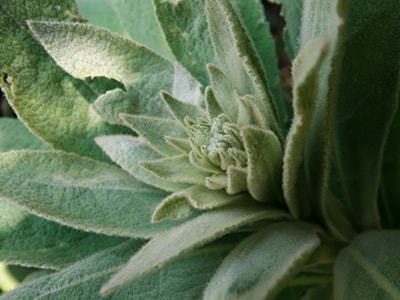
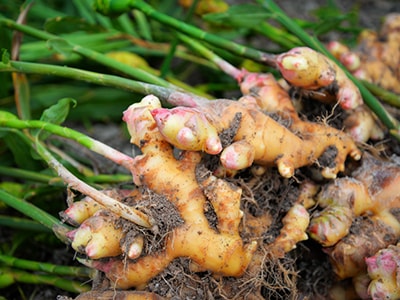
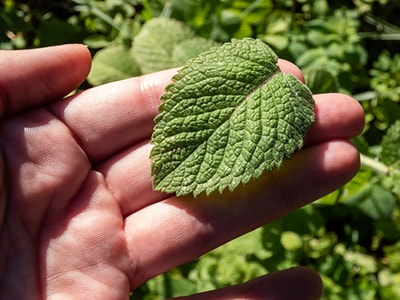
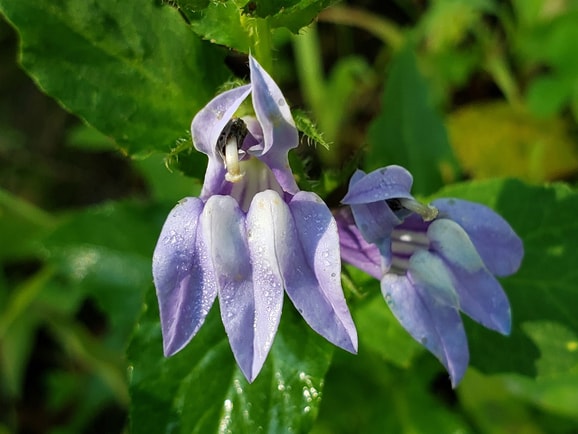
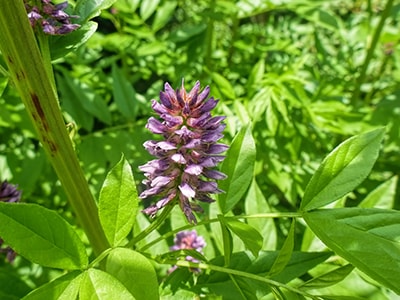
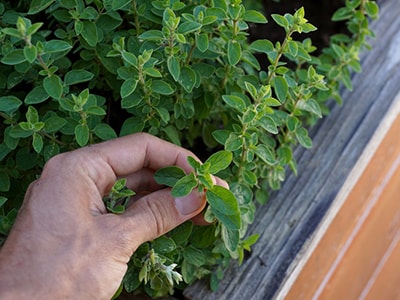
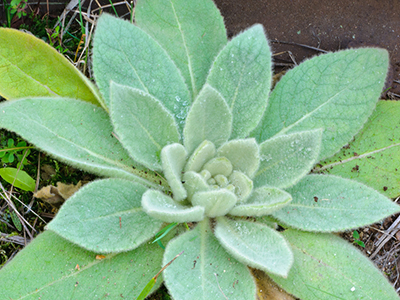
This article did not mention Yerba Santa. My family has been using Mountain Balm/Eriodictyon Californicum for thousands of years to heal the lungs and get rid of mucus in them.
How do you prepare it?
Theodore,
Where can you find this?
Hi can I please order that medicine for COPD.
To get rid of mucus in the lungs use flax seed. Boil the flax seed in water until an ‘egg white’ substance comes out of the seed. Eat this.
If you can’t stomach this, boil for only 1 minute, strain, and drink the water. Very effective.
hi Maria
How much flaxseed are you talking about?